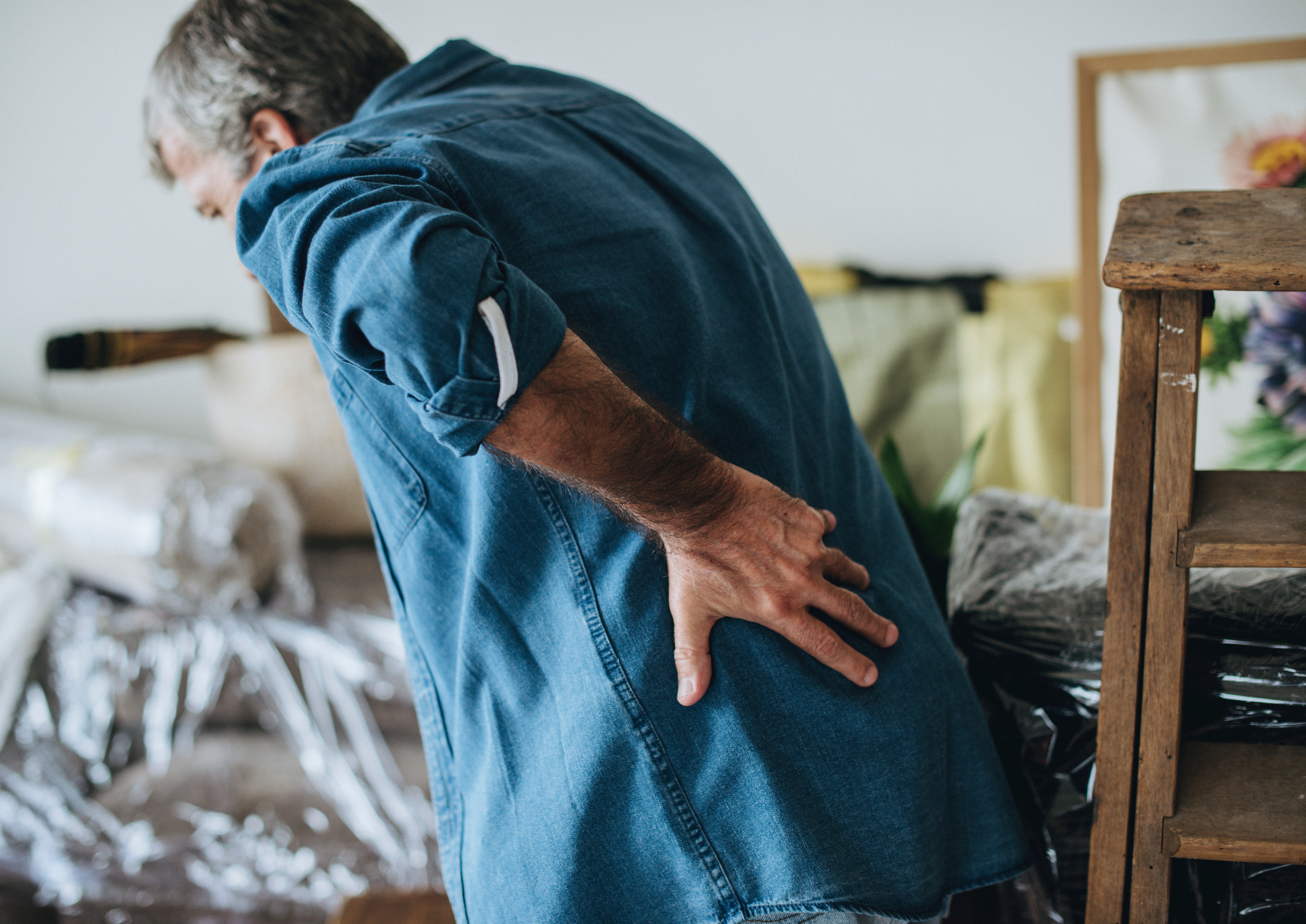Can Chronic Pain Impact Social Relationships?
Alyssa Kiss, M.A.

“And here you are living despite it all.” – Rupi Kaur, author and poet
Chronic pain can impact social relationships in significant ways. In this blog, we will discuss the impact of chronic pain on friendships and relationships, the experience of navigating social situations with chronic pain, and tools for making room in your social life for chronic pain.
There is no way to fully capture the impact that chronic pain can have on a person’s social relationships. From concern that people won’t understand your experience to last minute cancelling of plans, it can be a very difficult thing to navigate. Loneliness becomes a common experience for individuals living with chronic pain who may feel isolated from their support systems.
- Below are some common ways that individuals are impacted by their chronic pain:
- Misunderstandings about chronic pain and the toll it takes
- Misunderstanding about the incurability and chronicity of pain
- Compassion fatigue due to the ongoing nature of pain
- Changes to roles and responsibilities as a result of pain
- Changes to the physical, emotional and mental health and well-being of a person living with pain
- Changes to the health and well-being of the person not living with pain
The experience of navigating social situations while in pain can be one of frustration, worry, and grief. It can be a disheartening process that can begin to feel hopeless. There is no simple fix to dealing with the impact chronic pain can have on one’s social life. Below are a few tools that can be used to help make room in your social life for your chronic pain
Chronic pain tool kit
Grabbing a bag and filling it with supportive items for a chronic pain flare up or episode can help provide security for being able to manage symptoms while out. Some common items included by individuals with chronic pain
are rescue medicines, water, soothing items such as pleasant scents, tastes, or touch, headphones, eye masks, etc.
“Escape” plan
Make social plans with an “escape” route. This can help provide more feelings of confidence when going out. Plan events where you know how you would react if you have an episode or flare up.
Communicate with friends/family and help them learn the facts of chronic pain
An oftentimes difficult part of socializing with chronic pain is the lack of understanding from friends and family. It can be helpful to have direct and open communication about your experience of chronic pain, what you need in moments of pain, and the uncertainty of social plans due to unexpected pain flare ups. It can feel validating and helpful to know friends and family will be understanding.
Choose the environment
It can be helpful to choose social places based on triggers for pain. This can look like intentionally picking places where the food, noise, light, seating arrangements, etc. are best suited for you.
Create a Plan A/Plan B
Creating two different plans based on pain level can be very beneficial. Ensuring that friends and family know the different plans and the need to accommodate last minute can help ease anxiety and stress surrounding the event.
Therapy and support groups
Attending group therapy can be a great way to connect with other individuals experiencing chronic pain and gain social support who understand your experience. Additionally, beginning individual therapy can also feel like a helpful support.
